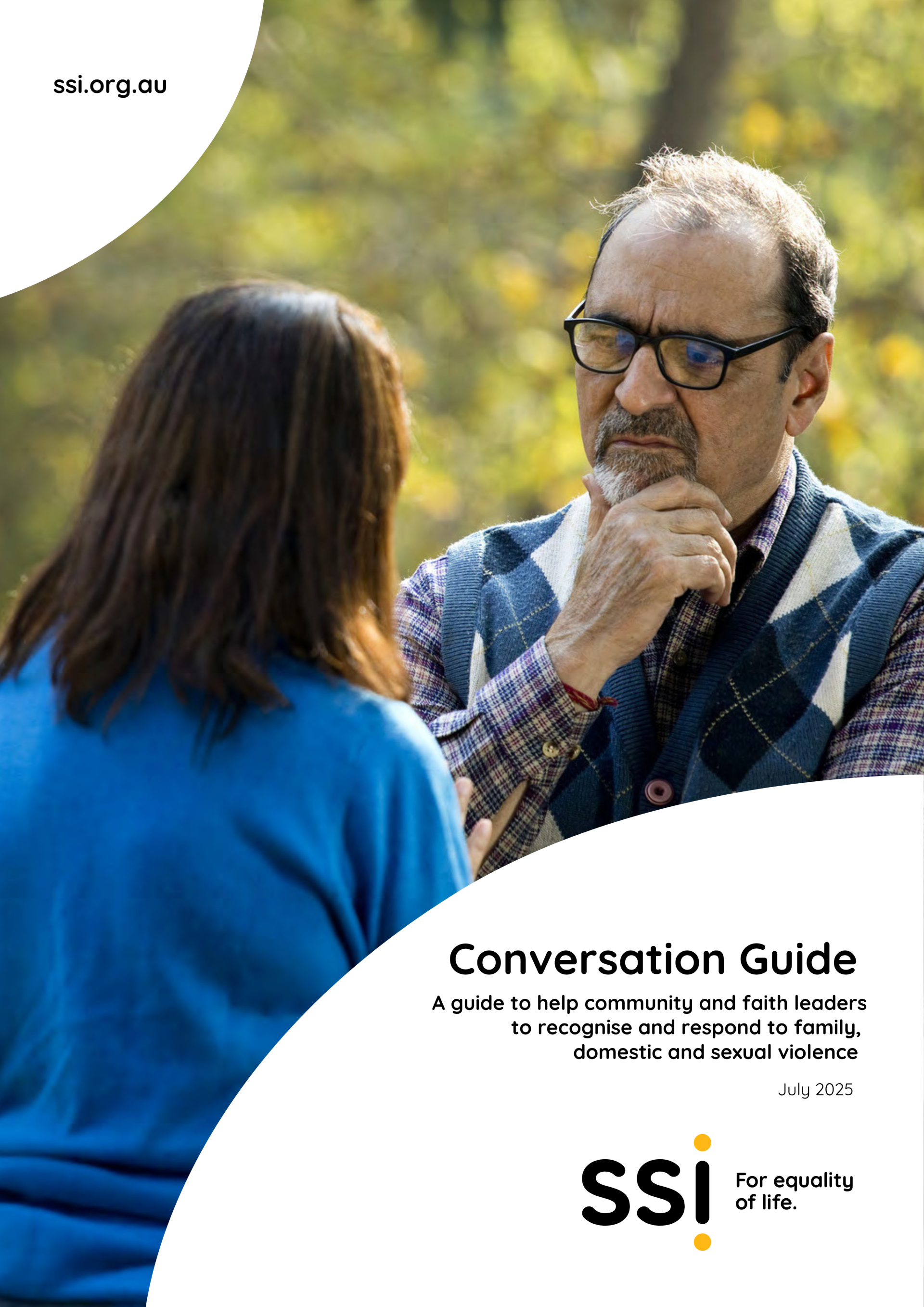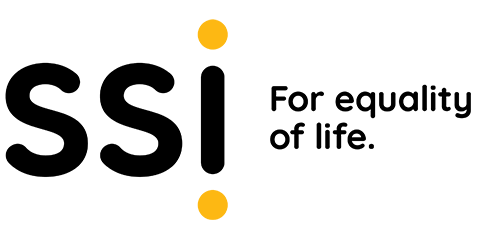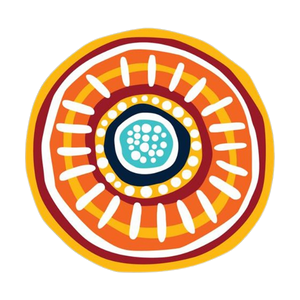Taking action to keep multicultural communities safe:
Faith and community leaders' training
This resource has been developed to help faith and community leaders feel more confident in recognising family, domestic and sexual violence, responding appropriately, and referring victim-survivors to relevant support services.
Key Features
About this e-learning
Course contents
Downloadable resources
This e-learning course has valuable resources available to download for free, including:


